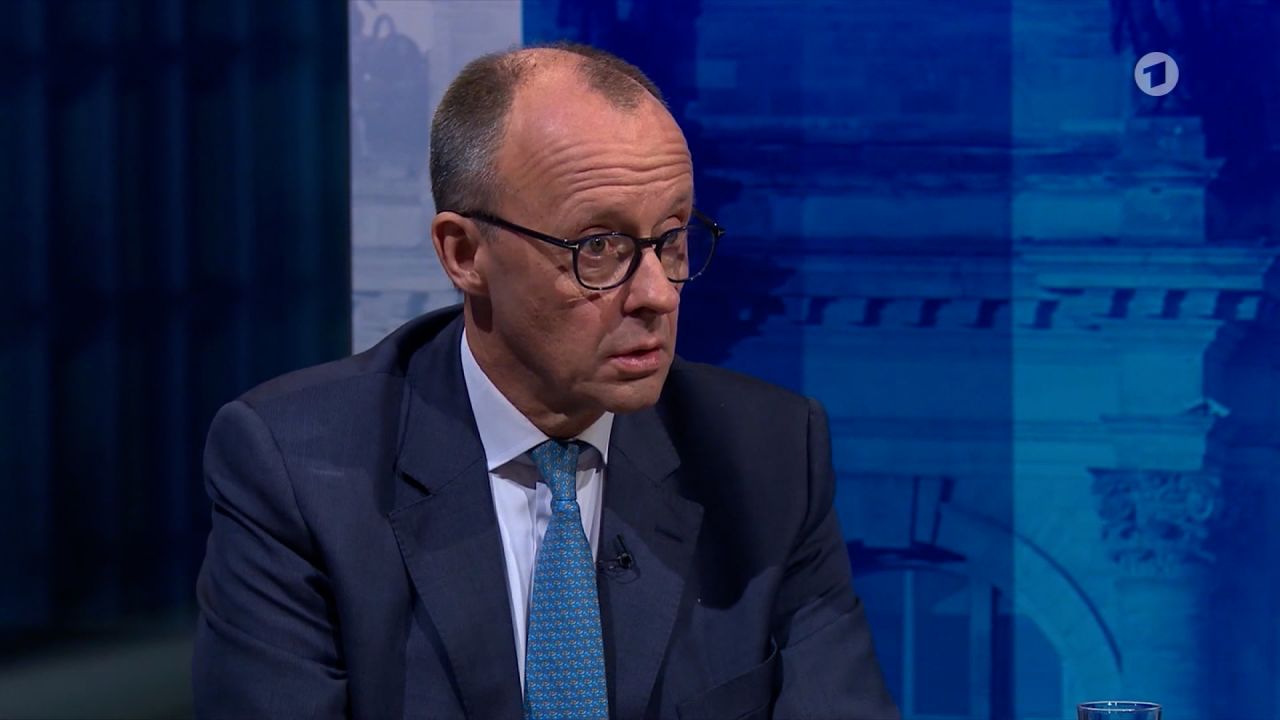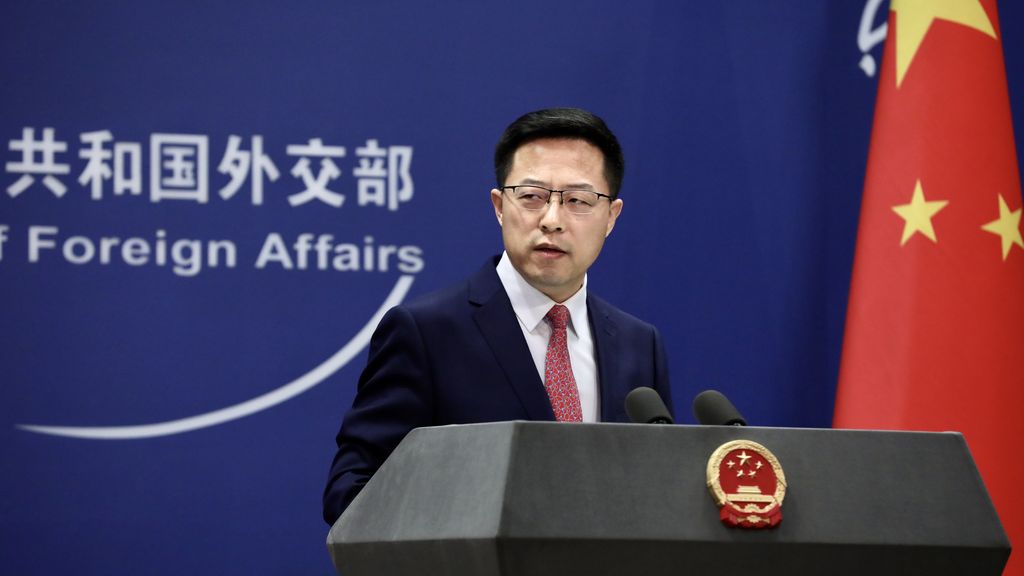Macron Vs. Merz: Lessons On Handling The Far Right

Table of Contents
Macron's Approach: Confrontation and Integration
Macron's strategy against the far-right has been characterized by a two-pronged approach: direct confrontation and strategic integration.
Direct Confrontation of Far-Right Ideology
Macron hasn't shied away from directly confronting the far-right's ideology. His strategy involves:
- Emphasizing the dangers of far-right extremism: He consistently highlights the threat posed by extremist groups, emphasizing their intolerance and potential for violence. This is crucial for countering the normalization of far-right ideas.
- Actively debating and refuting far-right arguments: Macron engages in public debates, directly addressing and refuting the arguments put forward by far-right leaders. This proactive approach aims to expose the flaws in their logic and undermine their credibility.
- Using strong language to condemn hate speech and violence: He doesn't hesitate to use strong language to condemn hate speech, racist rhetoric, and acts of violence perpetrated by far-right groups. This sends a clear message that such behavior is unacceptable in society.
- Example: Macron's strong response to the Yellow Vest movement, while managing to distinguish between legitimate grievances and extremist elements, serves as a prime example. He condemned violence unequivocally while attempting to address the underlying socioeconomic concerns.
Strategic Integration of Moderate Voters
Simultaneously, Macron has focused on integrating moderate voters who might otherwise be susceptible to far-right appeals:
- Addressing socio-economic concerns: He has implemented policies aimed at alleviating the economic anxieties that fuel support for the far right, such as initiatives focused on job creation and social welfare programs.
- Improving the lives of working-class and marginalized communities: Policies focused on regional development and targeted support for disadvantaged groups aim to demonstrate that the government is actively working to improve their lives.
- Bridging divides through dialogue: Macron has emphasized the importance of dialogue and engagement with voters from all backgrounds, attempting to build consensus and address concerns across the political spectrum.
- Example: Initiatives like the "France Relance" recovery plan, with investments in green technology and job training, aimed to address economic inequalities and preempt far-right narratives focusing on economic hardship.
Merz's Approach: Co-optation and Moderation
In contrast to Macron's more confrontational approach, Friedrich Merz has adopted a strategy of co-optation and moderation in handling the far-right.
Attempting to Co-opt Far-Right Voters
Merz's approach has involved:
- Addressing concerns about immigration and national identity: He has focused on issues resonating with far-right voters, such as stricter immigration policies and emphasizing national identity. This strategy aims to limit the far-right's appeal by addressing some of their key concerns.
- Adopting a more cautious approach to criticizing far-right rhetoric: Unlike Macron, Merz has been more cautious in directly criticizing the far-right, seeking to avoid alienating potential voters.
- Appealing to voters disillusioned with mainstream parties: He attempts to attract voters who feel neglected by traditional parties, offering an alternative within a more moderate framework.
- Example: Merz's emphasis on stricter border controls and a more assertive national security posture reflects his efforts to appeal to voters concerned about these issues.
Emphasis on a Moderate Image
Merz has also worked to project a moderate image:
- Positioning himself as a responsible alternative: He presents himself as a responsible and pragmatic alternative to both the far-right and the left, aiming to attract a broader base of support.
- Attracting voters from across the political spectrum: He seeks to build a coalition that transcends traditional party lines by appealing to voters' shared concerns.
- Avoiding overtly confrontational language: He generally avoids overtly confrontational language and actions, preferring a more conciliatory tone.
- Example: Merz's focus on fiscal responsibility and national unity within the CDU reflects his attempt to present the party as a moderate and unifying force.
Comparing Strategies: Strengths and Weaknesses
- Macron's direct confrontation effectively delegitimized certain far-right narratives but potentially alienated some voters who felt unheard.
- Merz's co-optation strategy may have limited the far-right's growth but risked accusations of appeasement and normalizing their rhetoric.
- Both strategies have advantages and disadvantages depending on the specific political context and national dynamics.
- Effective counter-strategies require a nuanced approach, combining both confrontation and engagement. A tailored approach is key to managing the nuances of handling the far right.
- The success of each strategy ultimately depends on broader factors such as the economic climate and societal trends.
Key Lessons for Handling the Far Right
- Understanding the root causes of far-right support (economic anxieties, cultural grievances, etc.) is crucial for developing effective strategies.
- A balanced approach combining direct confrontation of extremist ideologies and engagement with voters' concerns is essential.
- Focusing on inclusive policies that address the concerns of all citizens is vital in preventing further radicalization.
- Clear and consistent communication is needed to counter far-right misinformation and propaganda effectively.
- Building strong alliances across the political spectrum is vital to push back against far-right influence and create a united front.
Conclusion
The experiences of Macron and Merz provide valuable, albeit contrasting, lessons on effectively handling the far right. While direct confrontation can effectively delegitimize extremism, a nuanced approach that addresses the underlying concerns fueling far-right support is crucial. Ultimately, successfully countering the far right requires a comprehensive strategy that combines both assertive opposition and inclusive policies. Leaders facing the rise of far-right populism must carefully consider the strengths and weaknesses of each approach, tailoring their strategy to their specific political context and national circumstances. Learning from the successes and failures of Macron and Merz's approaches to handling the far right is vital for building a more resilient and inclusive democracy. Understanding how to best handle the far right is a challenge that demands careful consideration and a strategic approach.

Featured Posts
-
 Indian You Tuber Jyoti Malhotra Detained Espionage Accusations Related To Pakistan Trip
May 19, 2025
Indian You Tuber Jyoti Malhotra Detained Espionage Accusations Related To Pakistan Trip
May 19, 2025 -
 Succes Pour La Fete De La Marche A Parcay Sur Vienne Plus De 100 Participants
May 19, 2025
Succes Pour La Fete De La Marche A Parcay Sur Vienne Plus De 100 Participants
May 19, 2025 -
 Analyzing Red Carpet Rule Violations Insights From Cnn
May 19, 2025
Analyzing Red Carpet Rule Violations Insights From Cnn
May 19, 2025 -
 Isguecue Piyasasi Rehberi Dijital Veri Tabani Egitimi Carsamba Ledra Pal
May 19, 2025
Isguecue Piyasasi Rehberi Dijital Veri Tabani Egitimi Carsamba Ledra Pal
May 19, 2025 -
 Understanding The Nyt Mini Crossword Clue Marvel Avengers
May 19, 2025
Understanding The Nyt Mini Crossword Clue Marvel Avengers
May 19, 2025
